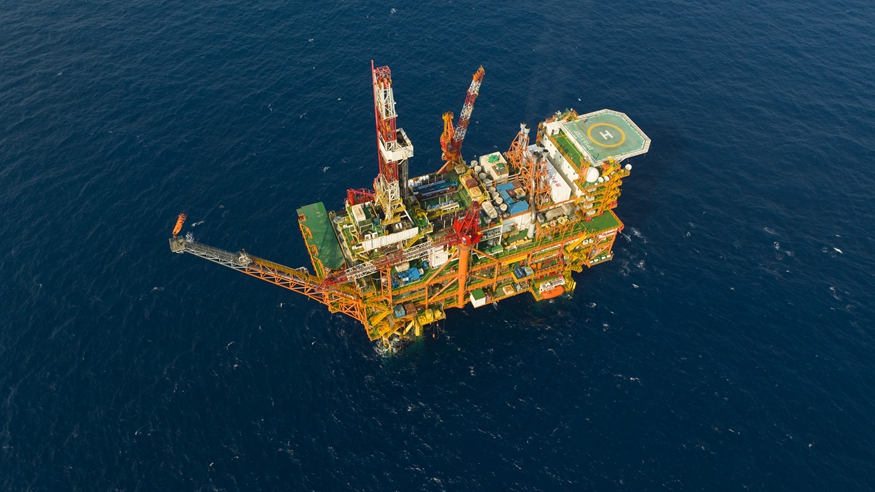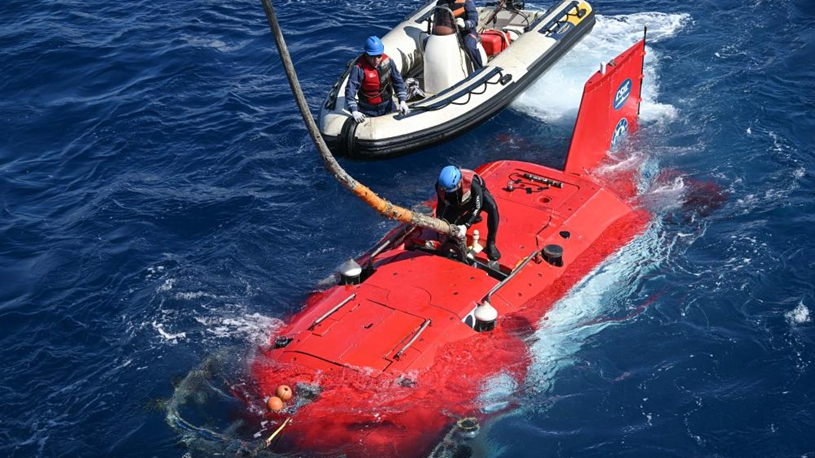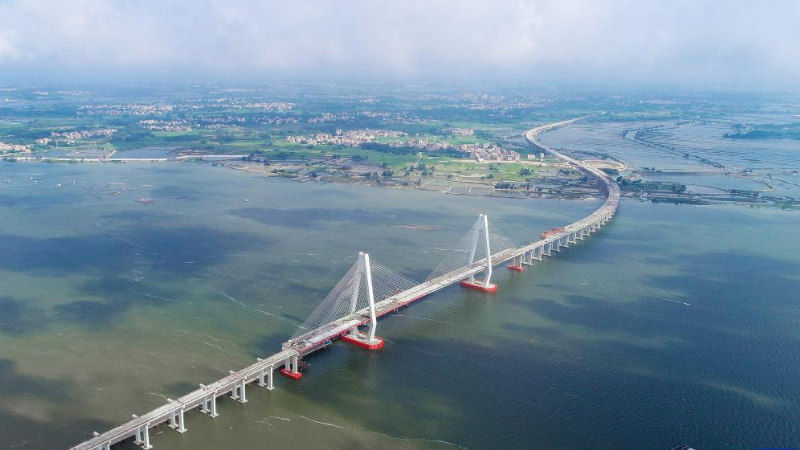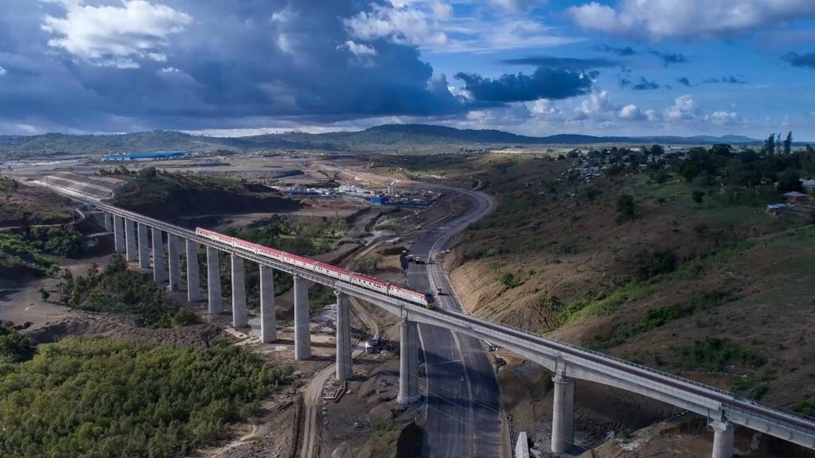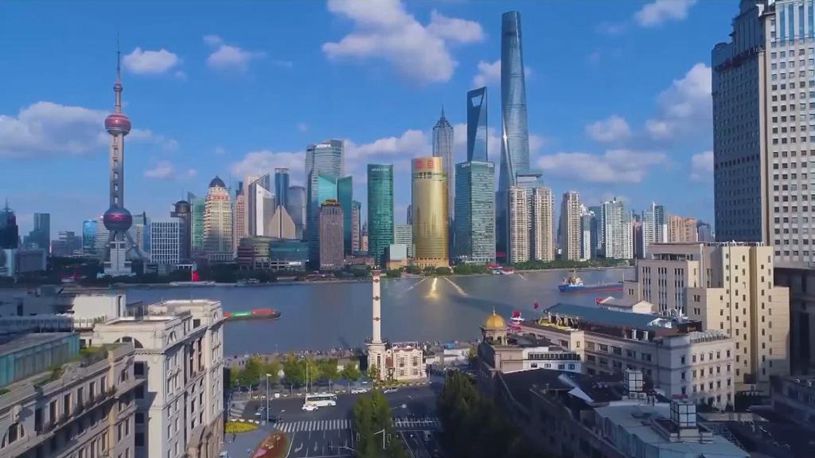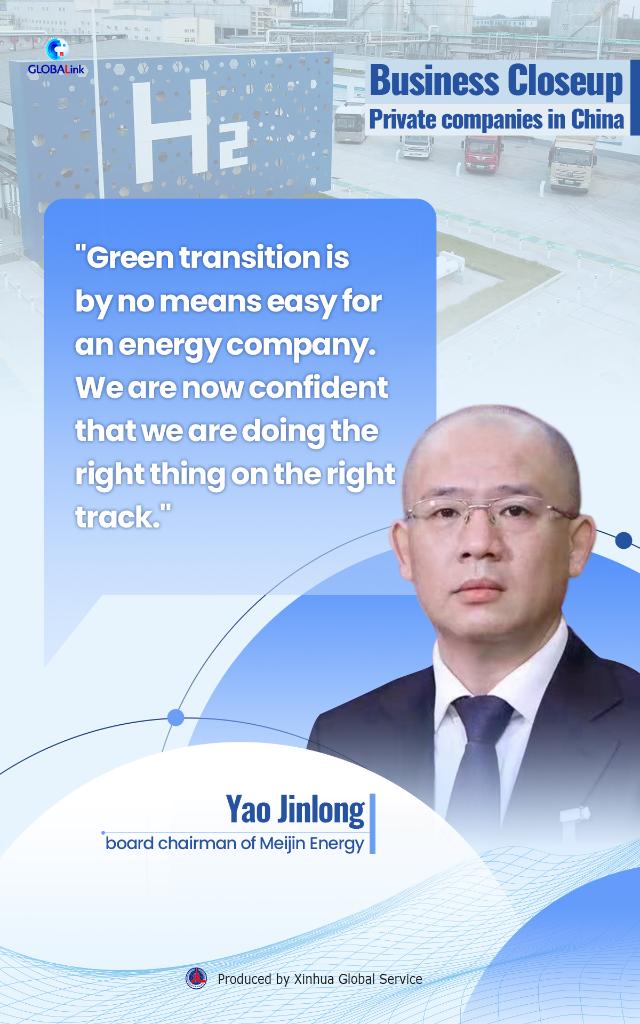
TAIYUAN, June 7 (Xinhua) -- Meijin Energy, a coal and coke producer in north China's Shanxi Province, has in recent years expanded into the clean hydrogen sector by making use of oven gas from coke production.
After several years of development, Meijin is now able to extract 96,000 tonnes of hydrogen from coke oven gas annually, enough to power 10,000 hydro-powered vehicles for a year.
Besides producing hydrogen, Meijin also goes downstream in the industrial chain and manufactures new energy buses and trucks that use hydrogen to operate.
"Green transition is by no means easy for an energy company," said Yao Jinlong, board chairman of the company. "Over the past decade, we have tried many ways and done many things."
"We are now confident that we are doing the right thing on the right track," said Yao.
China's hydrogen demand is on the rise, boosted by the rapid development of new energy vehicles that use hydrogen for power. Compared with cars powered by lithium-ion batteries that are mostly for personal use, hydrogen vehicles are primarily developed for commercial purposes, such as buses and trucks, with advantages for heavier and longer hauls.
According to a government plan on the hydrogen sector released last year, China plans to have 50,000 hydrogen fuel cell vehicles on the road by 2025, significantly up from about 10,000 at the beginning of this year. And the number is estimated to rocket to 1 million by 2035, according to the China Society of Automotive Engineers.
Yao, whose grandfather founded the company in the 1980s, hails from China's coal-rich Shanxi Province. He studied abroad for his bachelor's and master's degrees and joined Meijin when he returned to China.
Yao decided to lead the company into the hydrogen sector in 2016 after he had studied a number of modern energy technologies and found separating hydrogen from coke oven gas one viable option to produce hydrogen with low costs.
"As a large coke producer, Meijin has plenty of raw materials to work with. That is our advantage," Yao said.
Meijin is one of the companies in Shanxi, and China as a whole, eager for energy transition as the country races toward its carbon peaking and neutrality goals.
China is in pursuit of high-quality development after decades of fast expansion. The country has seen a change in its energy structure, with clean energy making up around a quarter of total energy consumption by the end of 2021, up from 14.5 percent about a decade ago, a white paper released earlier this year showed.
In Yao's eyes, China has huge potential in cutting carbon emission from heavy goods transport, as heavy-duty diesel trucks now contribute nearly half of the country's carbon dioxide emission by vehicles, but account for only 8 percent of the total number of vehicles.
Meijin is using hydro-powered heavy-duty trucks to transport coal, trying to get more people's attention on the use of hydro vehicles and joining the race to decarbonize China's heavy-duty trucking industry. ■




